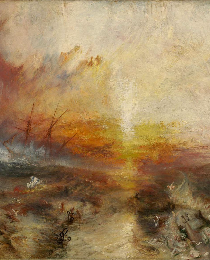Issue 7: The Literature Edition

Literature : John Cayley

Literature : John Cayley

Exposure : Erin Graff Zivin

Exposure : Erin Graff Zivin

Imperception : Alex Moskowitz

Imperception : Alex Moskowitz

Performativity : Bonnie Honig


